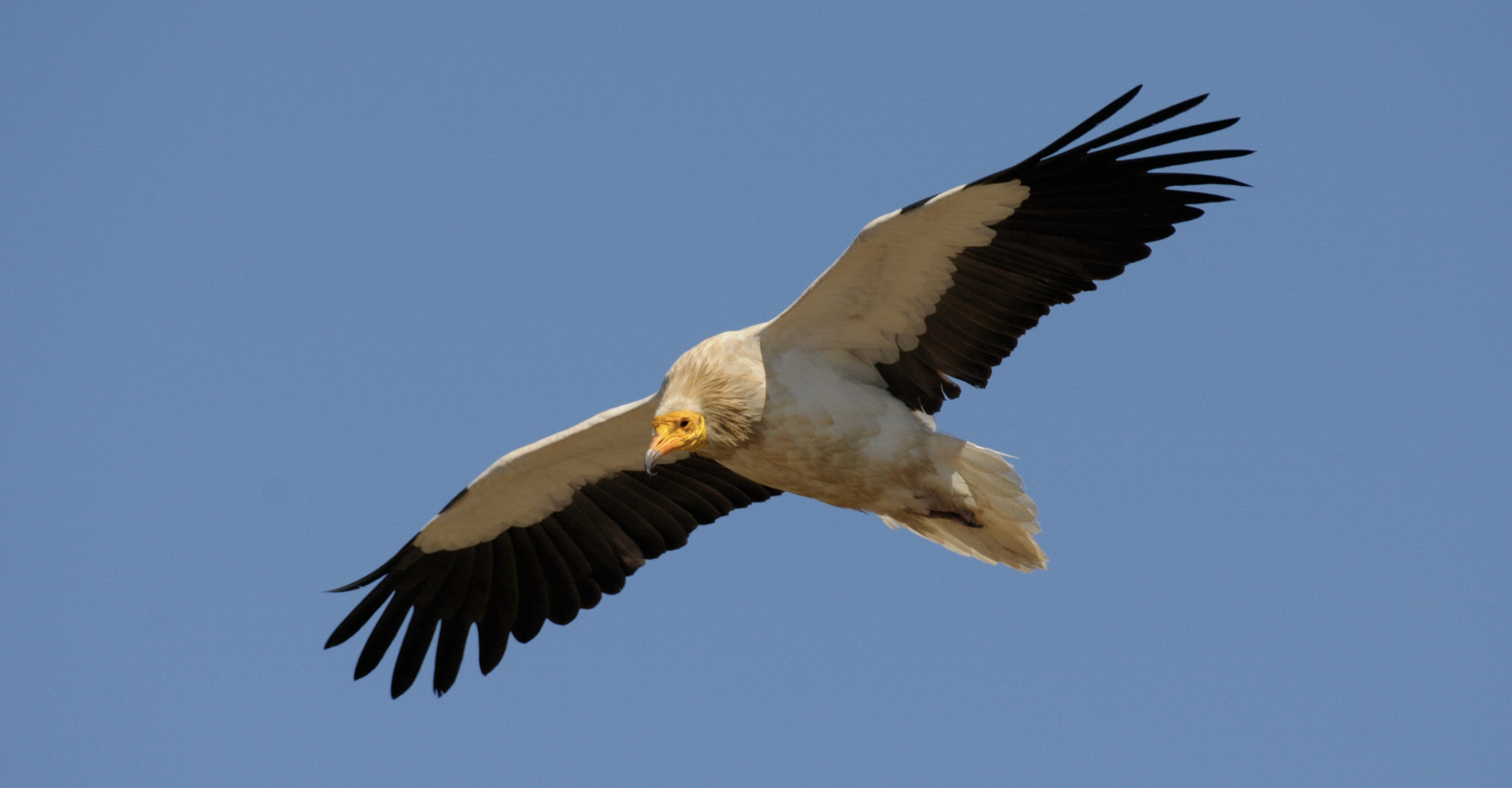The LIFE RUPIS project partners and other stakeholders met yesterday in Barca d´Alva, in a workshop organized by the VCF under the LIFE RUPIS project, to discuss progress in the fight against poison and improve procedures and protocols.
The use of poison is one of the main causes of unnatural mortality in vultures, also in the Iberian Peninsula. The use of poison baits has been illegal for more than three decades, but unfortunately continues to be a relatively frequent practice, primarily for the control of predators.
As part of the LIFE RUPIS project, a number of anti-poisoning actions are being implemented. Perhaps more relevant, a anti-poisoning dog unit was established within the Portuguese police unit in the region – the first such team in the north of Portugal, and is being used to patrol the area. Until July, they had done more than 50 patrols in the area of the project.
The project has also established all the protocols and systems to collect and analyse all vultures and other wildlife that are suspected of being poisoned, including the protocols for registration of the case, necropsy, and the toxicological analyses. Prior to the LIFE RUPIS project, the national protocols were not being implemented on the Portuguese side of the Douro region, due to lack of funding or coordination, so poisoning cases would go undetected or would not be analysed.
In the last year 5 cases of suspected poisoning were identified in the project area or its environs, affecting a number of species (fortunatly no vultures, but at least 3 red kites). Necropsies and toxicological analysis were made, and some poisons identified – including strychnine, rodenticide and methaldeid.
The project LIFE RUPIS aims to strength the populations of Egyptian Vulture in Douro International valley, through improved breeding success and reduction of mortality, and implemented by the VCF and partners, including SPEA (BirdLife in Portugal), ATN and Palombar (regional conservation organisations in NE Portugal), the Junta de Castilla y Leon & the Fundación Patrimonio Natural de Castilla Y León, the Portuguese electricity distributor EDP-D, the Portuguese statutory conservation agency ICNF and the Portuguese environmental police force (GNR). The project is tackling the most important threats to Egyptian vultures, namely food shortages, degradation of the habitat, electrocution risk and the illegal use of poison
The Egyptian vulture is Europe’s most threatened vulture species – classified as “Endangered” at global level. While the three others European vulture species are registering positive trends across Europe, Egyptian vultures continue to decline in most regions in the continent (and elsewhere).


